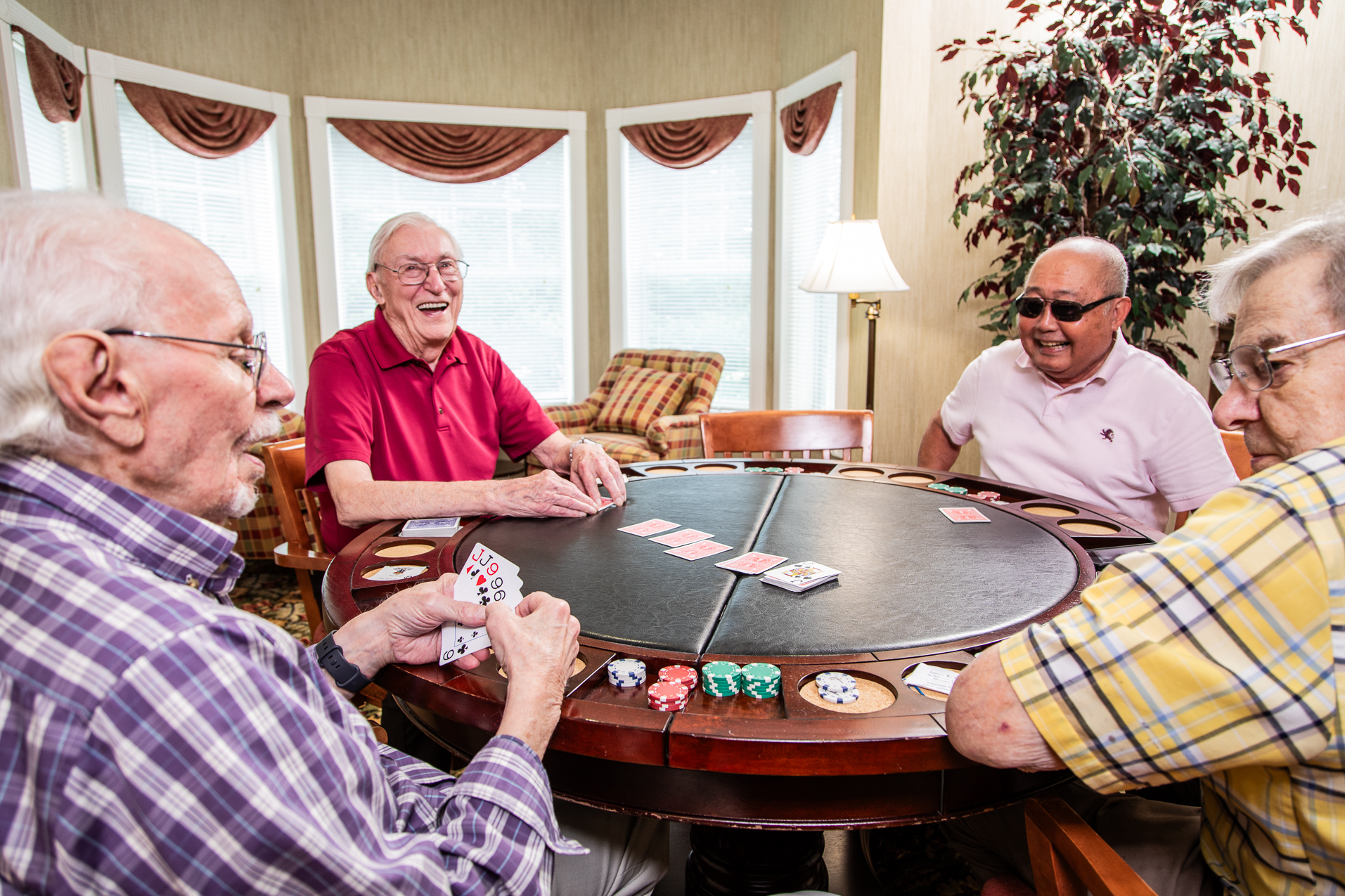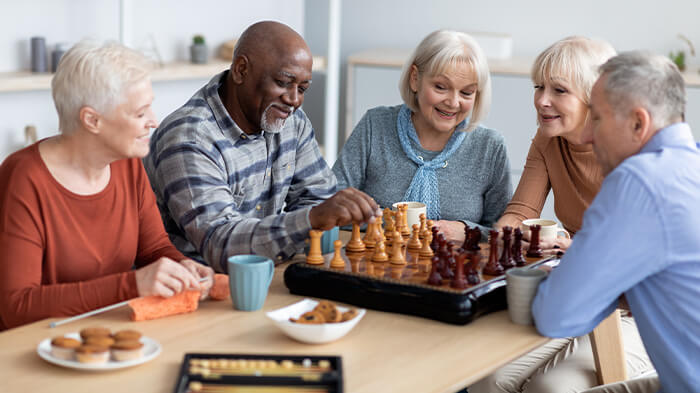We understand that your senior loved one’s well-being is of the utmost importance to you, and one growing concern may be the thought of them spending increasing lengths of time alone. It's a topic that weighs heavy on many senior caregiver’s hearts. In this blog post, we'll delve into what senior isolation is, why it's a concern, and most importantly, what you can do to support your loved ones in their golden years.
Understanding Senior Isolation
Senior isolation is more than just physical seclusion; it's a complex issue that can have a significant impact on your loved one’s mental and emotional health. It occurs when seniors experience a lack of social interaction and meaningful connections. Factors contributing to senior isolation can include physical limitations, mobility challenges, loss of loved ones, and even geographical distance from family members.
Why Senior Isolation Matters
According to the National Institute on Aging, senior isolation can lead to a range of health problems, both physical and emotional. Loneliness can increase the risk of depression, anxiety, and cognitive decline, including conditions like Alzheimer's disease. It can also negatively impact physical health, with research linking social isolation to higher risks for a variety of conditions, including:
- high blood pressure
- heart disease
- obesity
- and a weakened immune system.
Your Role in Preventing Senior Isolation
Thankfully, there are many things you and your family can be doing in order to engage your senior loved ones in meaningful and productive activities:
1. Regular Communication
There is nothing more effective at staving off loneliness than communication with family members. Even a simple phone call or video chat can brighten your senior loved ones’ day and keep them connected.
2. Encourage Social Activities
Social activities provide your loved ones with opportunities for companionship, reducing their feelings of loneliness.
3. Visit When Possible
If you live nearby, a visit in person can truly go a long way. After all, the presence of a loved one can be incredibly comforting and stimulating.
4. Support Technological Literacy
Are your senior loved ones comfortable with technology? Why not help them utilize it for better access to communication and entertainment, such as video calls, streaming services, or social media?
5. Explore Transportation Solutions
If mobility is a challenge, it may be time to investigate local transportation options or arrange for friends/family to accompany them on social outings.
Remember, your active involvement and emotional support play a crucial role in preventing senior isolation. Your senior loved ones’ happiness and well-being are a shared responsibility, and by staying connected and offering companionship, you can make a significant difference in their lives.
How Can a Senior Living Community Help?
At Winnwood, we provide families with a beacon of hope against senior isolation, fostering an environment that prioritizes social connection and engagement. Through a carefully curated calendar of activities, events and excursions, our residents are encouraged to come together, share experiences, and build friendships. And no matter where you go, a strong sense of family and the feeling that you belong is felt all over our welcoming community.
Eager to learn more? Reach out to one of our counselors today.




